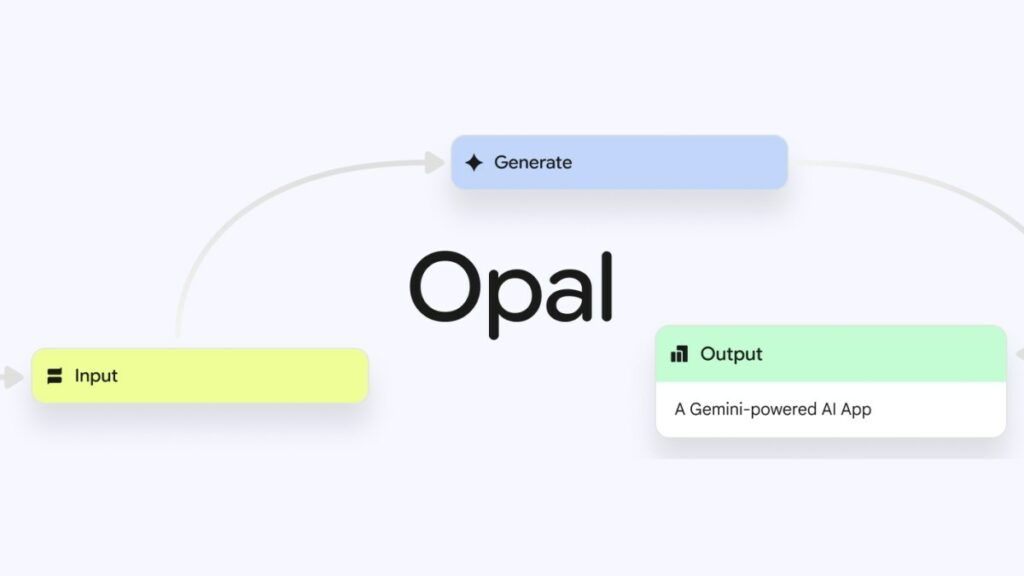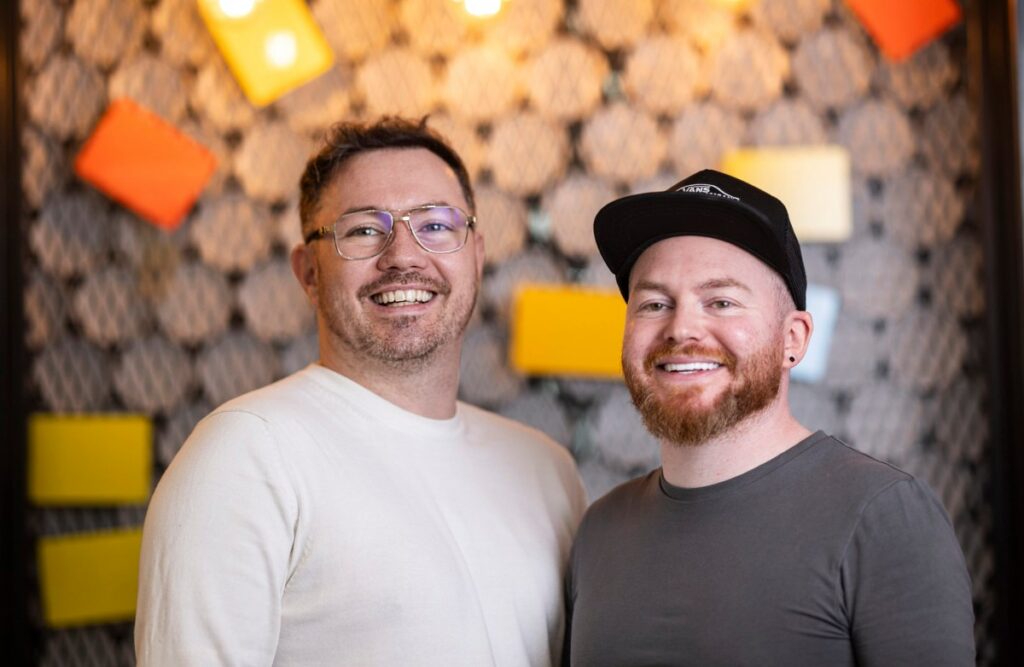Google is expanding access to Opal, its AI vibe-coding app, to 15 more countries. The app, which lets you create mini web apps using text prompts, is now available in Canada, India, Japan, South Korea, Vietnam, Indonesia, Brazil, Singapore, Colombia, El Salvador, Costa Rica, Panamá, Honduras, Argentina, and Pakistan.
“When we opened up Opal to users in the U.S. we anticipated they might build simple, fun tools,” said Megan Li, a Senior Product Manager at Google Labs, in a blog post. “We didn’t expect the surge of sophisticated, practical and highly creative Opal apps we got instead. The ingenuity of these early adopters made one thing clear: we need to get Opal into the hands of more creators globally.”
Opal works by getting users to enter a description of the app they want to make, after which the tool uses different Google models to do so. Once the app is ready, users can open the editor panel to view and customize the visual workflow of inputs, outputs, and generation steps. They can click any step to review or edit the prompt, or add new steps manually using Opal’s toolbar. Users can also publish their app to the web and share a link so others can test it with their own Google accounts.
In addition to the expansion, Google also announced improvements coming to Opal.
The tech giant says it has improved the debugging program but intentionally kept it no-code. Users can now run their workflow step by step in the visual editor or tweak specific steps in the console. Errors show up right where they happen to provide immediate context and eliminate guesswork.
Google also says that it’s made significant improvements to Opal’s core performance. The company notes that previously it would take up to five seconds or more to create a new Opal. Now, it’s worked to speed that up to make it easier to get started. Plus, users can now run steps in parallel, allowing complex workflows with multiple steps to execute simultaneously.
With the U.S. launch of Opal in July, Google joined a growing list of competitors including Canva, Figma, and Replit that are building tools to help nontechnical users design app prototypes without writing any code.


